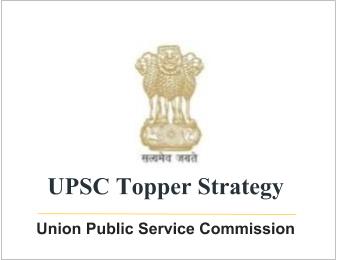
UPSC Topper Strategy for Sociology Optional by Mr. Rajanvir Singh Kapur (Rank-92)
Sociology
Slot 1- INDEPENEDENT TOPICS:
(This contains independent topics which are not much interconnected with other areas and can be studied separately as a slot.)
PAPER-1
1. Sociology – The Discipline:
(a) Modernity and social changes in Europe and emergence of sociology.
(b) Scope of the subject and comparison with other social sciences.
(c) Sociology and common sense.
2. Sociology as Science:
(a) Science, scientific method and critique.
(b) Major theoretical strands of research methodology.
(c) Positivism and its critique.
(d) Fact value and objectivity.
(e) Non- positivist methodologies.
3. Research Methods and Analysis:
(a) Qualitative and quantitative methods.
(b) Techniques of data collection.
(c) Variables, sampling, hypothesis, reliability and validity.
PAPER-2
A. Introducing Indian Society:
(i) Perspectives on the study of Indian society:
(a) Indology (GS. Ghurye).
(b) Structural functionalism (M N Srinivas).
(c) Marxist sociology ( A R Desai).